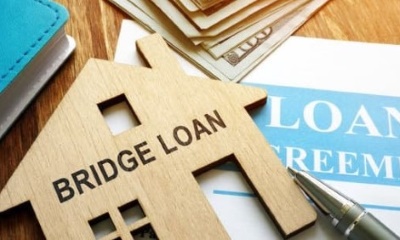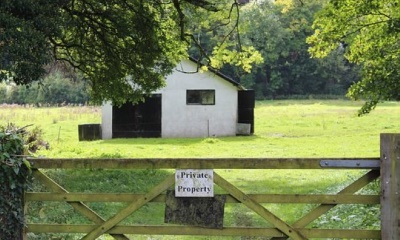Further reading
A quick guide to understanding conveyancing
What is conveyancing?
The process of buying, selling and transferring property and land.
Why is it needed?
Who can carry out the conveyancing service?
What is the difference between a conveyancer and a solicitor?
What does the process involve?
What is the most crucial part of the process?
How long should the whole process take from start to finish?
How much does it cost?
What is conveyancing fraud?
Do you need to have a mortgage in place before the process can start?
What’s the best way to go about finding a trusted conveyancing expert?
You need access to www.eigpropertyauctions.co.uk, the only site with information on virtually every lot coming to auction. Get access to industry knowledge with full visibility of what is coming up for sale and what similar properties have sold for.
Try it for free, call us now to experience your no obligation trial: 01737 226150
Essential Information Group - News and Information
Keep up to date with our latest news, case studies and what's going on in the property auction industry on our blog.

Buying at auction
20/03/2025
Why the Property Auction Market is Booming Due to Stamp Duty Changes
The UK property auction market is experiencing a surge in activity in March 2025, driven primarily by impending changes to stamp duty regulations

Buying at auction
27/02/2025
Who Can Benefit from Buying a Property at a UK Property Auction?
Buying a property at a UK property auction can be advantageous for various buyers depending on their financial situation and goals. Auctions often offer unique opportunities, discounted properties, and a fast purchase process. Here’s who can benefit the most.

Buying at auction
24/02/2025
Bridging Loans Explained: A Guide for Property Auction Buyers
A bridging loan is a short-term financing solution, typically lasting up to 12 months. It provides immediate funds to bridge the gap between purchasing a property and securing long-term financing.
